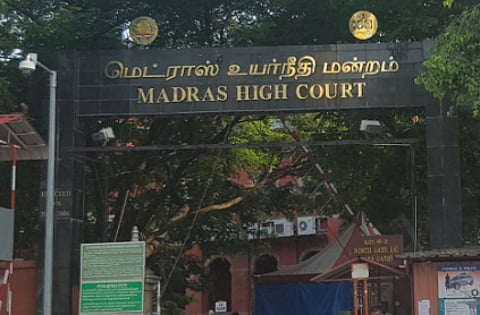
- News
- Columns
- Interviews
- Law Firms
- Apprentice Lawyer
- Legal Jobs
- हिंदी
- ಕನ್ನಡ

In an order passed recently, the Madras High Court reiterated that in Railway accident cases, the burden lies upon the Railway administration to prove that the deceased victim was not a bona fide passenger, if it makes an accusation to this effect.